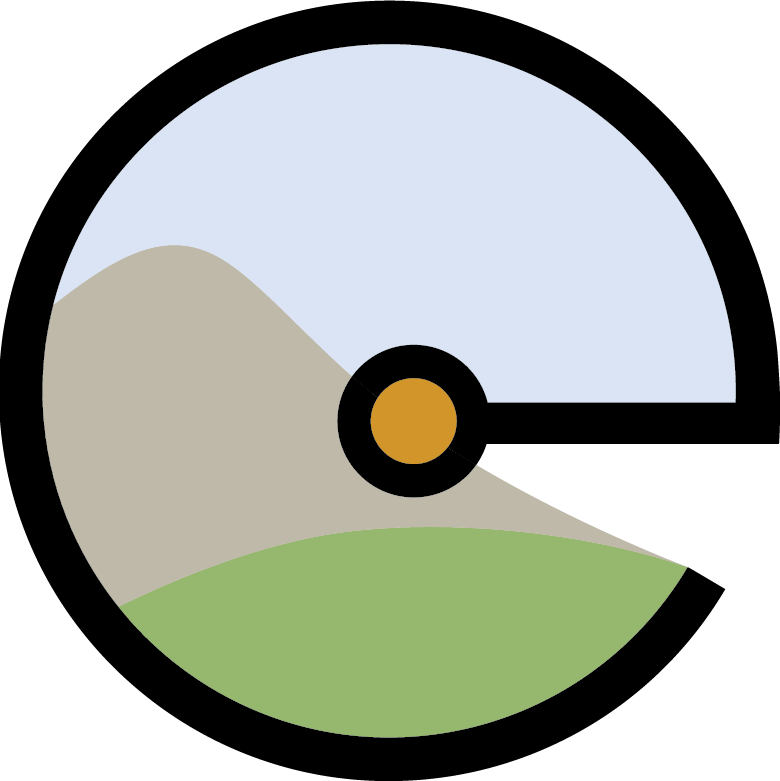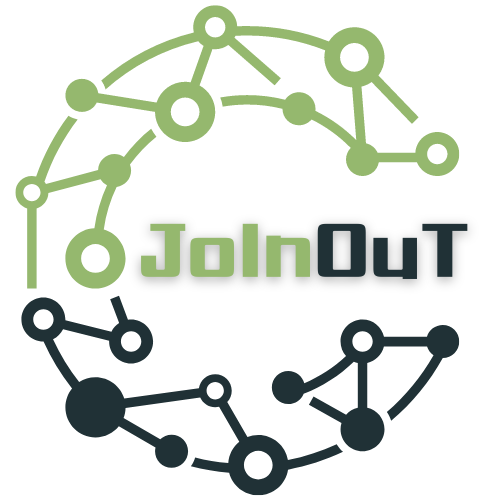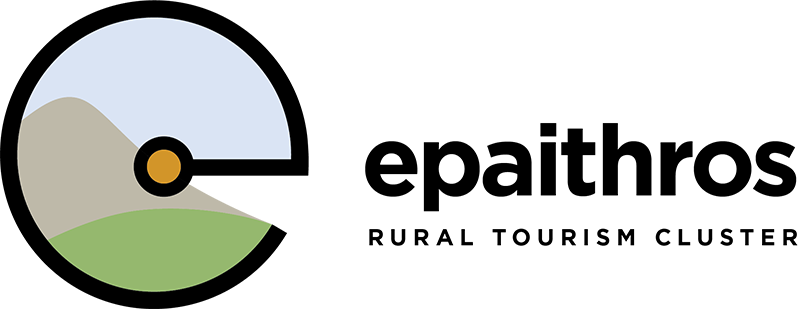Tourism and Sustainability. Two single words that a few years back, not many would combine even as a thought, let alone as an action. However, in the last five years and particularly in the aftermath of the COVID-19 pandemic, more and more people, companies and organisations are taking a turn towards Sustainability. This turn aims to make a paradigm shift to the, until recently, misunderstood development at the expense of the environment.
In this context, the co-funded project “Rural Tourism Innovation Partnership epaithros – JoInOuT” was designed to promote actively the concept of Sustainable Tourism in Greece. This project had been a constructive educational opportunity for both the members of the Rural Tourism Cluster and all of us here at IDEA, as we had the opportunity to design an e-learning platform regarding Sustainable Tourism. For starters, let us present what the project “Rural Tourism Innovation Partnership epaithros – JoInOuT” is all about.
What is the Rural Tourism Cluster epaithros – JoInOuT?
The Rural Tourism Cluster epaithros – JoInOuT, with ETAM S.A. as the management body, is a greek innovative collaboration aiming to enrich the tourism product while simultaneously improve the competitiveness and the development of the members involved. According to the project’s official website, the epaithros – JoInOuT cluster consists of 12 members, made up of tourism businesses, institutions, organisations, universities and research institutes.
The cluster was desinged to support the Rural Greek Tourism, aligned with the EU and UN guidelines for Sustainability.
What is Sustainable Tourism?
Sustainable Tourism accounts for a sustainable approach in the tourism industry, which takes into consideration the current environmental needs together with the competitiveness of the tourism businesses.
United Nations World Tourism Organization (UNWTO) defines Sustainable Tourism as:
“Tourism that takes full account of its current and future economic, social and environmental impacts, addressing the needs of visitors, the industry, the environment and host communities”
The sustainable tourism development and the competitiveness of the greek tourism product are the two main objectives of the Rural Tourism Cluster epaithros-JoInOuT. These objectives involve a series of multifaceted actions, one of which was carried out by IDEA.
IDEA’s role in the project
In the context of the Rural Tourism Cluster epaithros-JoInOuT, IDEA, as a training and consulting organisation, took on the task of providing web-based education to entrepreneurs and employees of the Rural Tourism Cluster.
IDEA’s training material
The training material prepared by IDEA was structured around the below 7 Alternative Forms of Tourism:
- Agritourism
- Ecotourism – Geotourism,
- Culinary and Wine Tourism,
- Sports Tourism,
- Cultural Tourism,
- Medical Tourism,
- Nautical and Scuba Diving Tourism.
The primary aim of the training was to develop the tourism industry and promote the rich greek countryside and culture in accord with the 17 SDGs (Sustainable Development Goals) regarding tourism.
Apart from the main subject matter of the training (the alternative forms of tourism and the activities it includes), the training seminars also offer modules regarding Digital Marketing and E-Commerce.
The training material was provided in the form of thematic web seminars, carried out virtually via IDEA’s e-learning platform.
The project entitled "Joint Innovative Activities for Outdoor Tourism" and distinctive title: "JoInOuT", is implemented within the framework of the Action "Cooperative Innovation Formations/SCC" - 2nd Call: Businesses" and is financed by the European Regional Development Fund (ERDF) and by National Resources in the context of the Operational Program "Competitiveness, Entrepreneurship and Innovation (EPANEK)" of the NSRF 2014-2020" (Project code: ΓΓ2CL-0359457).





